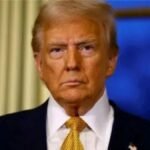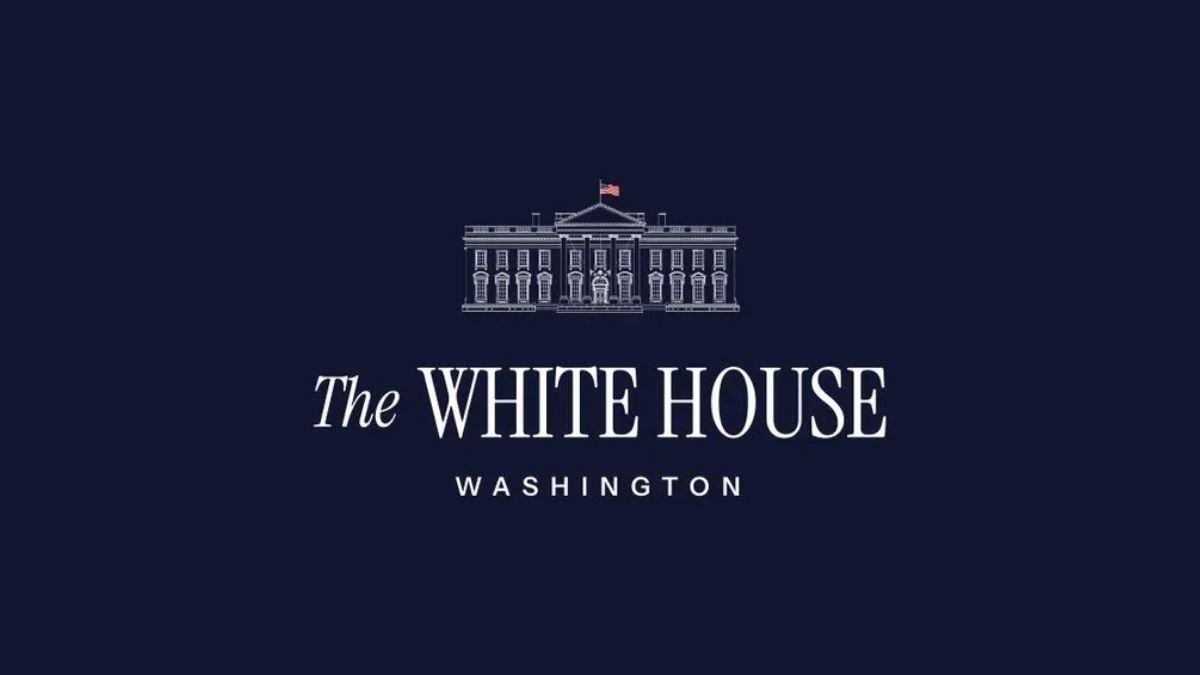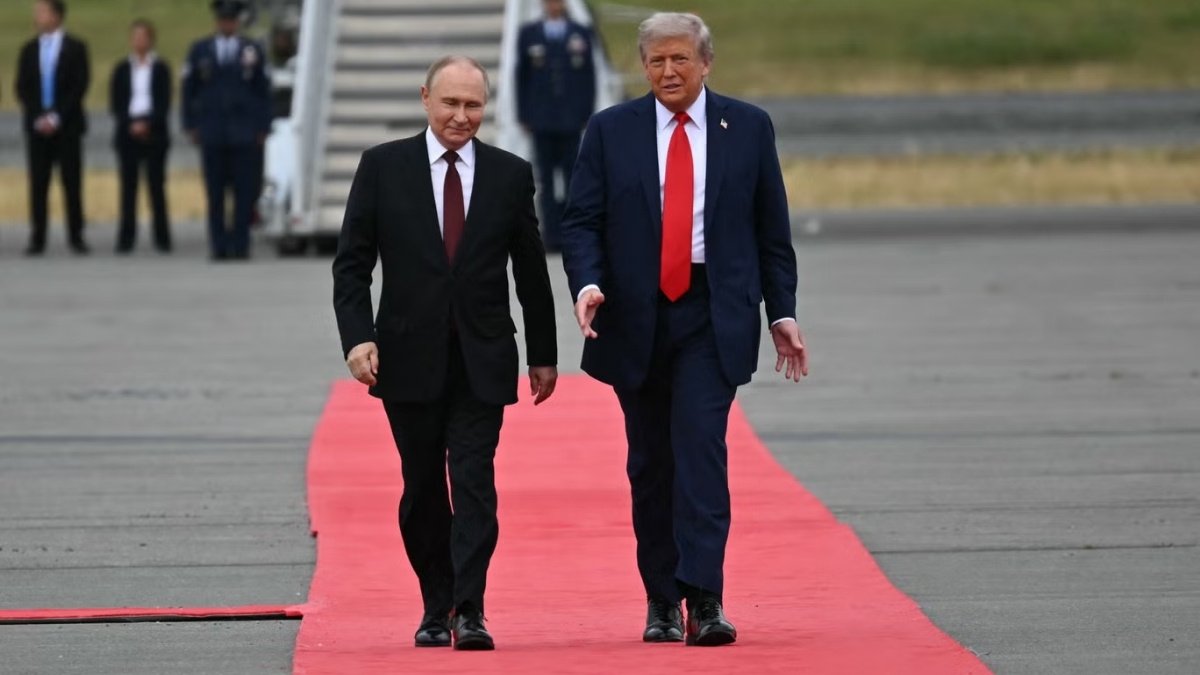Last week, Chinese President Xi Jinping met with Russian President Vladimir Putin and Indian Prime Minister Narendra Modi. He urged them to integrate their economies with China and build what he called an “orderly multipolar world.”
At first, I thought he really meant “bipolar” because he was suggesting a bloc not centered on the United States. Then I wondered if he avoided the term because in Chinese, as in English, bipolar can also mean manic-depressive. That seems fitting for global politics today.
During the Cold War, the world was literally bipolar. Two power blocs faced each other. The United States led the West and the Soviet Union led the East. After the Soviet Union fell, the George W. Bush administration called some hostile regimes an “axis of evil” and convinced allies, especially Britain, to join the U.S. in the Iraq War.
NATO did not officially approve the war, but several members cooperated in varying ways. Over the past fifteen years, China and Russia became more authoritarian, and the West versus East framing started to reappear. Some commentators even said the summit in Beijing marked a return to a bipolar world.
If Xi meant multipolar, he may have been more accurate. Bipolar implies two cohesive sides. The West is no longer one. During the Cold War, the West was united, loosely, by democracy and capitalism. The East, flawed as it was, shared a foundation in communism and authoritarianism.
Xi’s hoped-for alliance between China, Russia, and India is far less cohesive. All three repress Muslim minorities, but India is different. Modi’s government, while increasingly authoritarian, has not fully embraced autocracy like China or Russia. India’s democratic traditions still act as a brake on totalitarianism.
The West is in worse shape. Donald Trump has fractured the beliefs that once held it together. Since the Cold War, Europe has maintained higher levels of social democracy than the United States. Nordic countries, Germany, and Switzerland all combined capitalism with public protections, particularly in healthcare.
European nations, apart from outliers like Hungary, have respected basic democratic principles. Extending rights to minorities was sometimes a struggle, but the commitment existed. The U.S., under Trump, has abandoned this shared core.
Can we still call the West a transatlantic bloc of democracies? Not while Trump is in charge. International relationships in his world are transactional. Democracy does not matter. Preserving it at home is not on his agenda.
Trump does not follow an ideology except for self-interest. Every decision is measured by whether it makes him victorious. Ideological principles do not guide him.
Take what some called Trump’s “state capitalism.” He inserted himself into corporate deals to secure personal control. He forced Nippon Steel to give him influence over U.S. Steel. He compelled Intel to give the government a ten percent stake just to keep its CEO in place.
Trump would never allow another leader to do this. He criticized Biden for industrial interventions far less extreme than his own. This is not state capitalism. It is Trump capitalism, where personal gain takes priority over policy or principle. His methods resemble coercion against universities or law firms more than traditional government intervention.
Trump has no ideology, only an obsession with power. This drives him toward autocracy. His biases, along with those of his political base, fuel racism, sexism, xenophobia, and disdain for educated elites. The only metric that matters is crushing enemies. Stephen Miller, one of his top aides, shares the same rule.
This drive leans toward fascism but only as a tool. Unlike Hitler, who had a concrete ideological goal, Trump’s aim is self-aggrandizement. That does not make him less dangerous. Democracy itself blocks his ascent, so it must be undermined.
[inline_related_posts title=”RECOMMENDED” title_align=”left” style=”list” number=”2″ align=”none” ids=”” by=”primary_cat” orderby=”rand” order=”DESC” hide_thumb=”no” thumb_right=”no” views=”no” date=”yes” grid_columns=”2″ post_type=”” tax=””]
So what about the West? Can we still define it through shared ideology? Not while Trump holds power. He admires Putin and Xi for their unchecked authority. Any opposition he mounts is purely transactional. Were he to wage war, it would be for personal advantage, not principle.
Xi was right. The world is not bipolar. It is multipolar or, if Trump has his way, a chaotic scramble with him at the center of it all.















